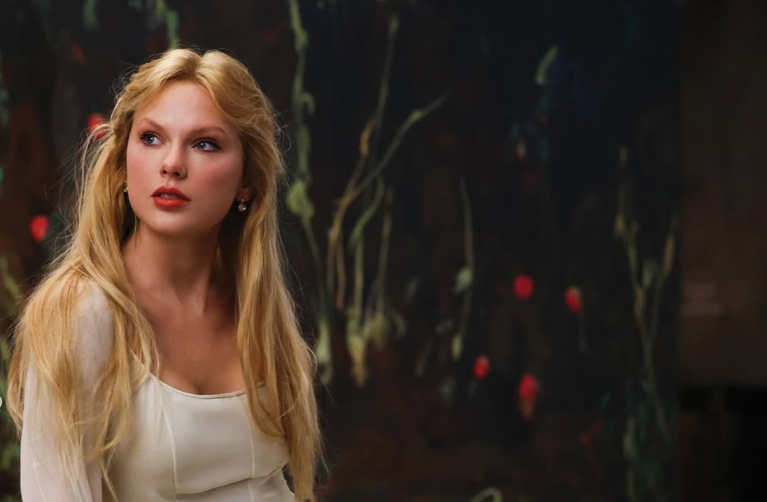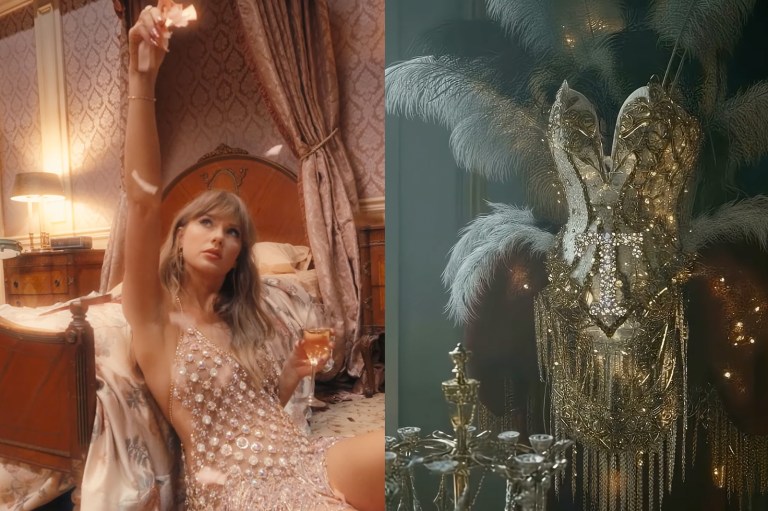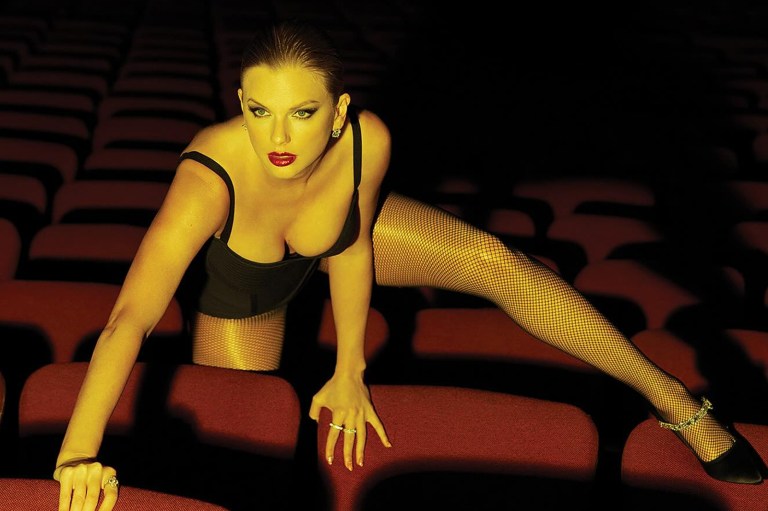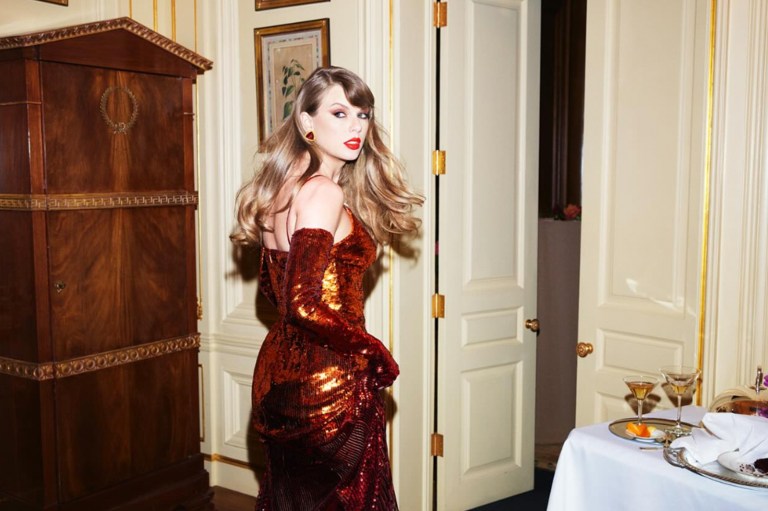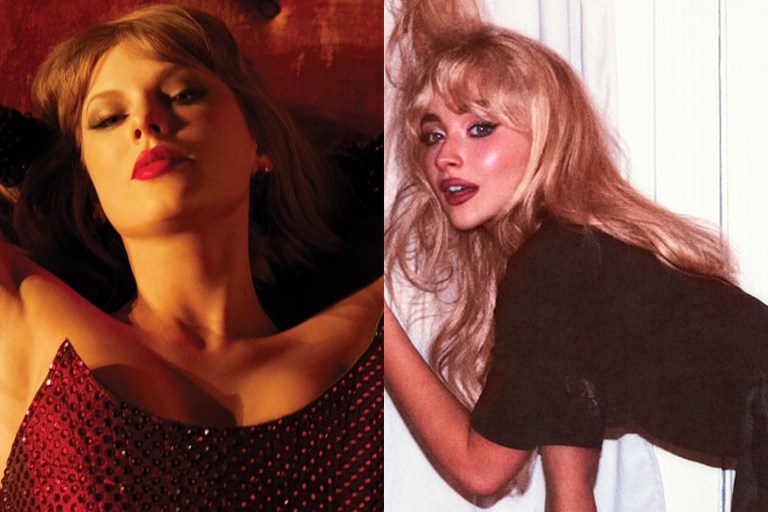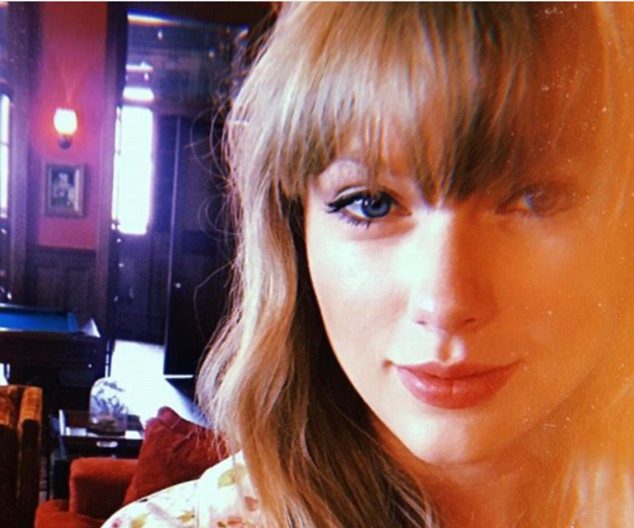
Taylor Swift Faces Controversy Over “All The Racists” Song Lyric Following Relationship with Matty Healy
Taylor Swift’s 11th studio album dropped on Friday, and fans are in an uproar about a problematic lyric in one of her songs, which appears to have racist undertones. Before we get to the content of the song lyric, let’s talk more about how this tone-deaf song lyric was just another problematic incident in a sea of many bizarre choices the singer-songwriter has made. In the spring of 2023, Taylor Swift made one of her most alarming dating choices yet when she allegedly began dating lead singer of the band The 1975, Matty Healy. Matty Healy has come under controversy when he slid into rapper Ice Spice’s DMs, only to be met with silence, and later contributed to insulting Ice Spice with racist remarks on Adam Friedland’s podcast. Ice Spice, who is Dominican and Nigerian, was referred to as “an Inuit spice girl…a chubby Chinese lady” on the podcast while those on the show began crudely imitating Chinese and Hawaiian accents. Healey not only laughed at these ignorant jokes and goaded them further with more crude remarks about other races, he also said he pleasured himself to images of minority women being brutalized. Quite sickening, and many called out Swift for associating with someone like him, which may have contributed eventually to the end of their relationship, although this feels more like a PR move than a genuine remorse.
Now that Taylor Swift has since been seen on stage with Ice Spice (which seems like quite the calculated PR move to salvage her own image) and is now dating football star Travis Kelce (who appears aggressive and problematic as well, considering he recently yelled at a coach in public and condescendingly mocked a female reality tv star who was gaslit), fans appeared to have amnesia about Taylor’s problematic dating choices.
Until she released her new album, The Dead Poets Department, with a song that made people take a double take.
Many TikToks have been created about this problematic song lyric from I Hate It Here, which says, “My friends used to play a game where / We would pick a decade / We wished we could live in instead of this / I’d say the 1830s but without all the racists / And getting married off for the highest bid.” This sparked outrage across the web as people identified how tone-deaf it was to reference an era of extreme racism, seemingly minimize it only to lightly add the caveat that she meant “without all the racists.” It just seemed unnecessary and downright strange. As Catfish star Kamie Crawford tweeted to a fan defending Swift, “You are a fan. We get it. Your fave is not above critique. The line was a miss. There weren’t just racists in 1830. Your ancestors {and} mine were brutally beaten, raped and enslaved. {I don’t care} that she doesn’t care to go back to that time (where she would be alive & well by the way). It’s unnecessary.” Well said Kamie!
In yet another problematic song appearing to reference her relationship with Healy, Swift writes, “I don’t cater to all these vipers dressed in empath’s clothing,” possibly talking about the very warranted uproar and judgment she received for dating someone with a history of sexist and racist remarks. This seems like Swift playing the victim and not taking accountability for some of her visibly terrible choices. I think we can all agree that as a celebrity you often face much more scrutiny over human flaws and mistakes—but perhaps this is just a culmination of many, many “mistakes” that at this point feel more like deliberate choices. It’s not wrong to be a fan of Taylor Swift’s music in general, but people have begun to notice the cult-like mentality Swifties often operate in when they refuse to acknowledge some of the singer’s unempathic and problematic behaviors. Some even go so far as to harass, stalk and bully those who give constructive criticism. If you are looking for a more neutral take on Swift that gathers all the evidence of her problematic history, look no further than the subreddit SwiftlyNeutral, which allows people to speak openly and honestly about the singer without being downvoted automatically into oblivion by rabid fans. In the meantime, maybe it’s time to fangirl less problematic singers and songwriters.
